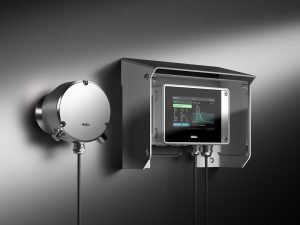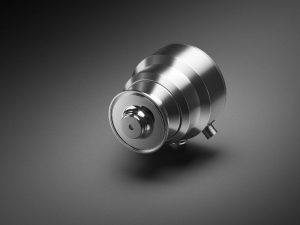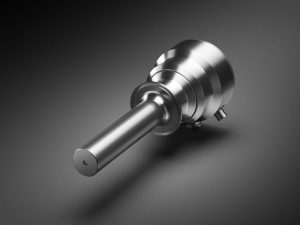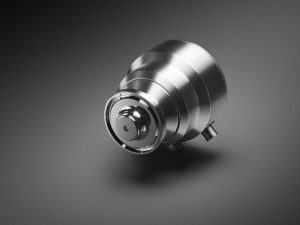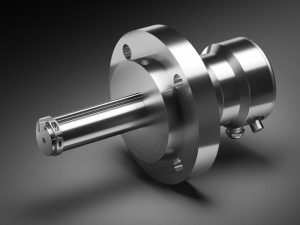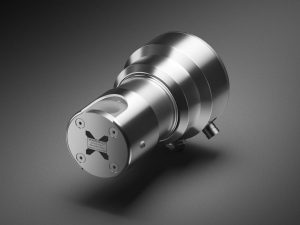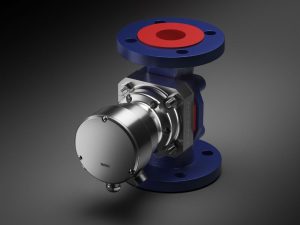Refractometers
Our refractometers offer high precision and reliability for refractive index measurement, making them invaluable in applications where accurate concentration monitoring is essential. In the pulp and paper industry, they are used to optimise process fluids and improve production quality. They are also ideal for chemical processing, food manufacturing, and pharmaceutical production, where real-time data is essential to ensure consistent quality and efficiency. Our solutions are designed to cope with varying conditions and deliver accurate measurements that support process optimisation and cost savings.
- System Solutions
- Gas Analysis
- Liquid Analysis
- Flowmeters
- Pressure Gauges
- Level Gauges
- Temperature Gauges
- Laboratory Analysis
- Data Loggers
- Regulators
More information
What is a refractometer?
A refractometer is an optical instrument that measures the refractive index of a medium - how much light bends as it passes from one material to another. By illuminating a sample against a prism and analysing the critical angle at which total reflection occurs, the refractive index is calculated using Snell's law.
Why is the refractive index important?
The refractive index correlates directly with the concentration of solutes: the higher the concentration (e.g. sugars, salts or chemicals), the greater the light refraction. A refractometer therefore converts optical signals into practical values such as Brix content, density, mass content or volume per cent. It provides fast, non-destructive and accurate process or quality control without chemical reagents.
Measurement principle
- An LED or laser light is directed into a sapphire or glass prism.
- The sample covers the prism; the light passes the sample/prism interface.
- At a specific critical angle, light is fully reflected - this angle is proportional to the refractive index.
- A line sensor or photodiode array records the angle; the instrument's algorithm converts it to concentration, compensated for temperature.

